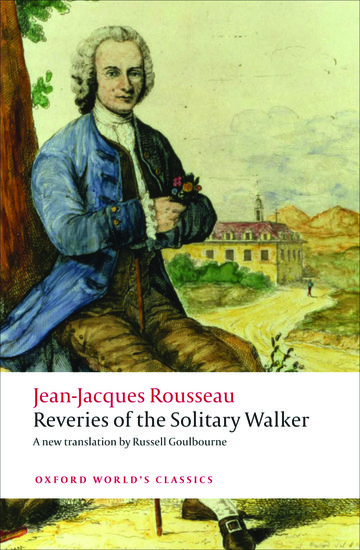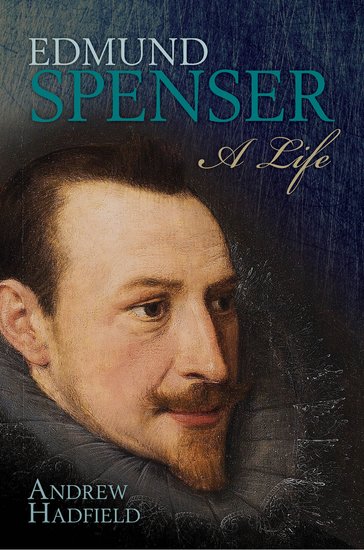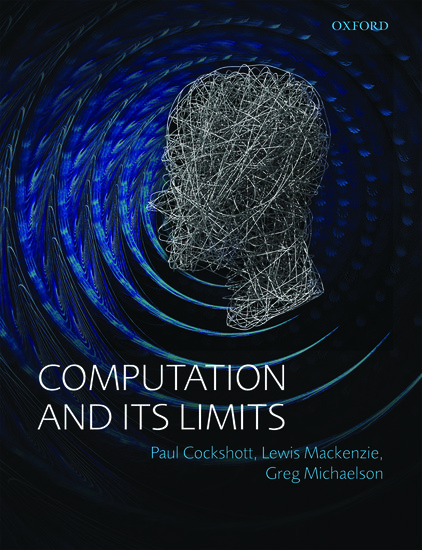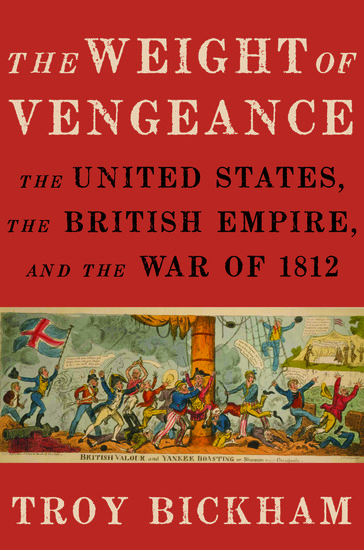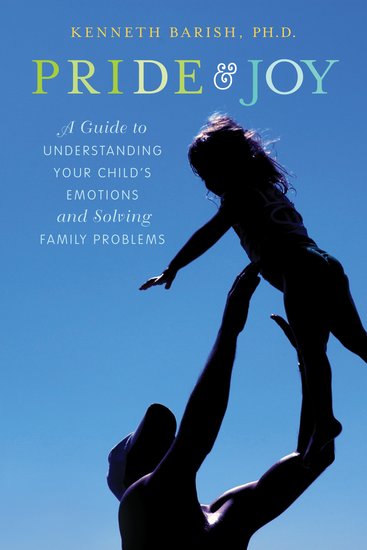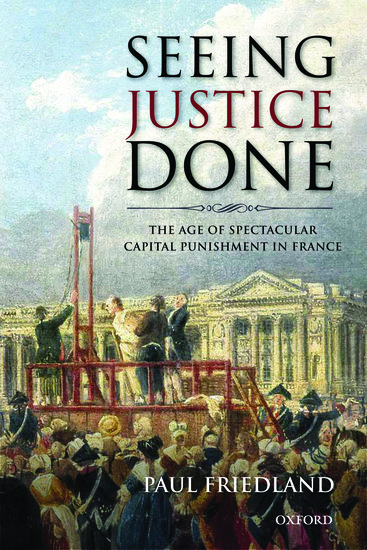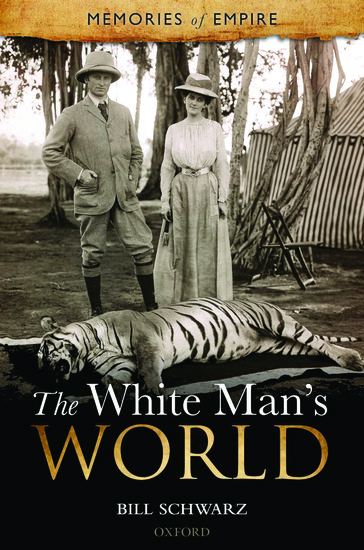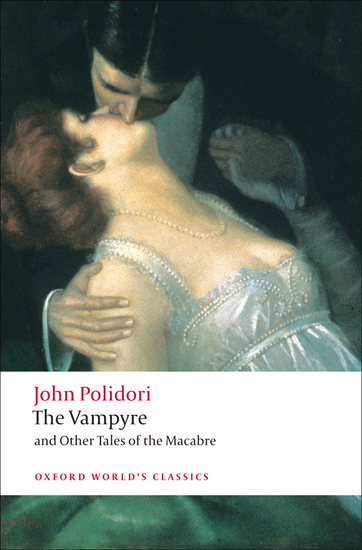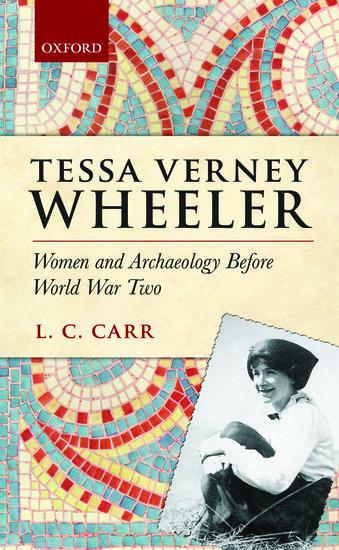Jean-Jacques Rousseau at 300
By Russell Goulbourne
Thursday 28 June 2012 marks the tercentenary of the birth of Jean-Jacques Rousseau, one of the most important and influential philosophers of the European Enlightenment. The anniversary is being marked by a whole host of commemorative events, including an international conference at my own institution, the University of Leeds, which begins today. Rousseau arouses this kind of interest because his theories of the social contract, inequality, liberty, democracy and education have an undeniably enduring significance and relevance. He is also remembered as a profoundly self-conscious thinker, author of the autobiographical Confessions and Reveries of the Solitary Walker.

